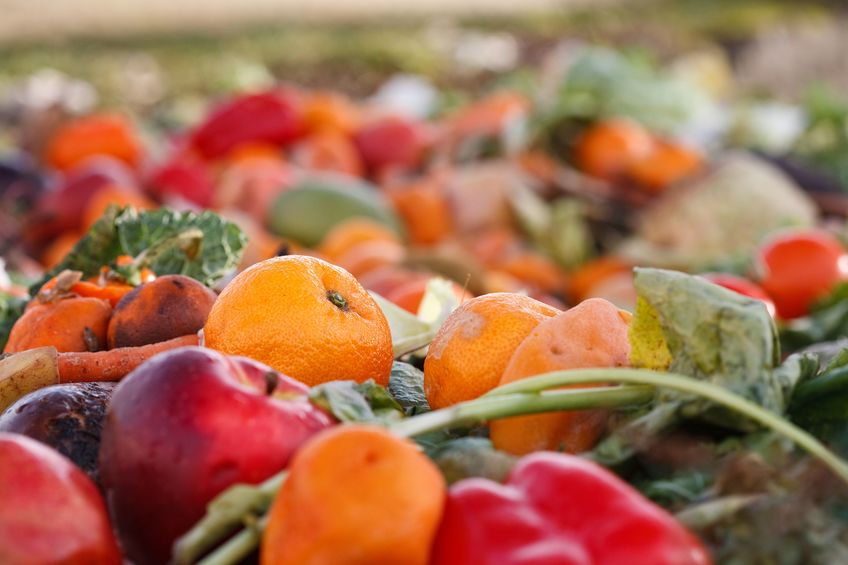
Food waste on farms accounts for 1.2bn tonnes of all food wasted globally, according to a new report which also urges retailers to embrace 'wonky' produce.
The WWF report, in partnership with Tesco, published today (21 July) states that ambitious food waste reduction targets from farm to fork are urgently needed to tackle this issue.
These new findings come in the wake of the National Food Strategy, which highlights that, in the UK, a third of food is wasted before it leaves the farm.
The Driven to Waste report suggests that each year, an estimated 2.5 billion tonnes of food goes uneaten around the world, including food wasted on farms.
That is an increase of nearly 1 billion tonnes on previous estimates of 1.3 billion tonnes wasted annually, the report says.
The data indicate that of all the food grown, around 40 percent of it goes uneaten, which is higher than the previously predicted figure of 33 percent.
More food is lost on farms per capita in developed countries, including the UK, than in the developing world.
The report says farmers need support in measuring and then reducing food waste – and consumers can make a difference by buying and eating ‘wonky’ fruit and vegetables.
Supermarkets should buy up whole crops, no matter what they look like, and promote these to customers or use them in different ways so they don’t go to waste.
David Edwards, director of food strategy at WWF-UK said: “Decisions by business and governments have a significant impact on the levels of food lost or wasted on farms, including in the UK.
"To radically reduce food waste, we need ambitious reductions targets across the whole food supply chain, with businesses who buy the food supporting farmers in making this happen.
"Transforming our global food system is critical in tackling the climate and nature crisis and safeguarding our planet's health.”
